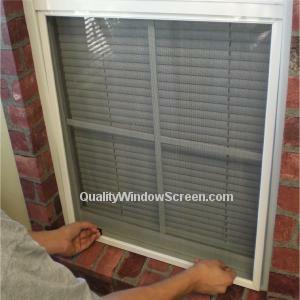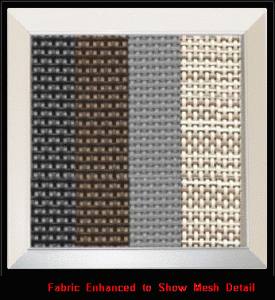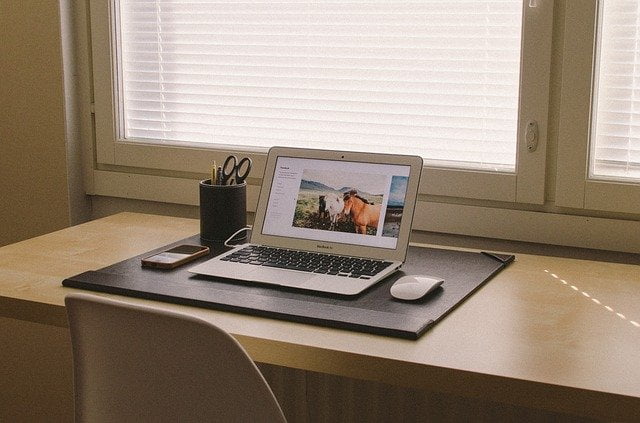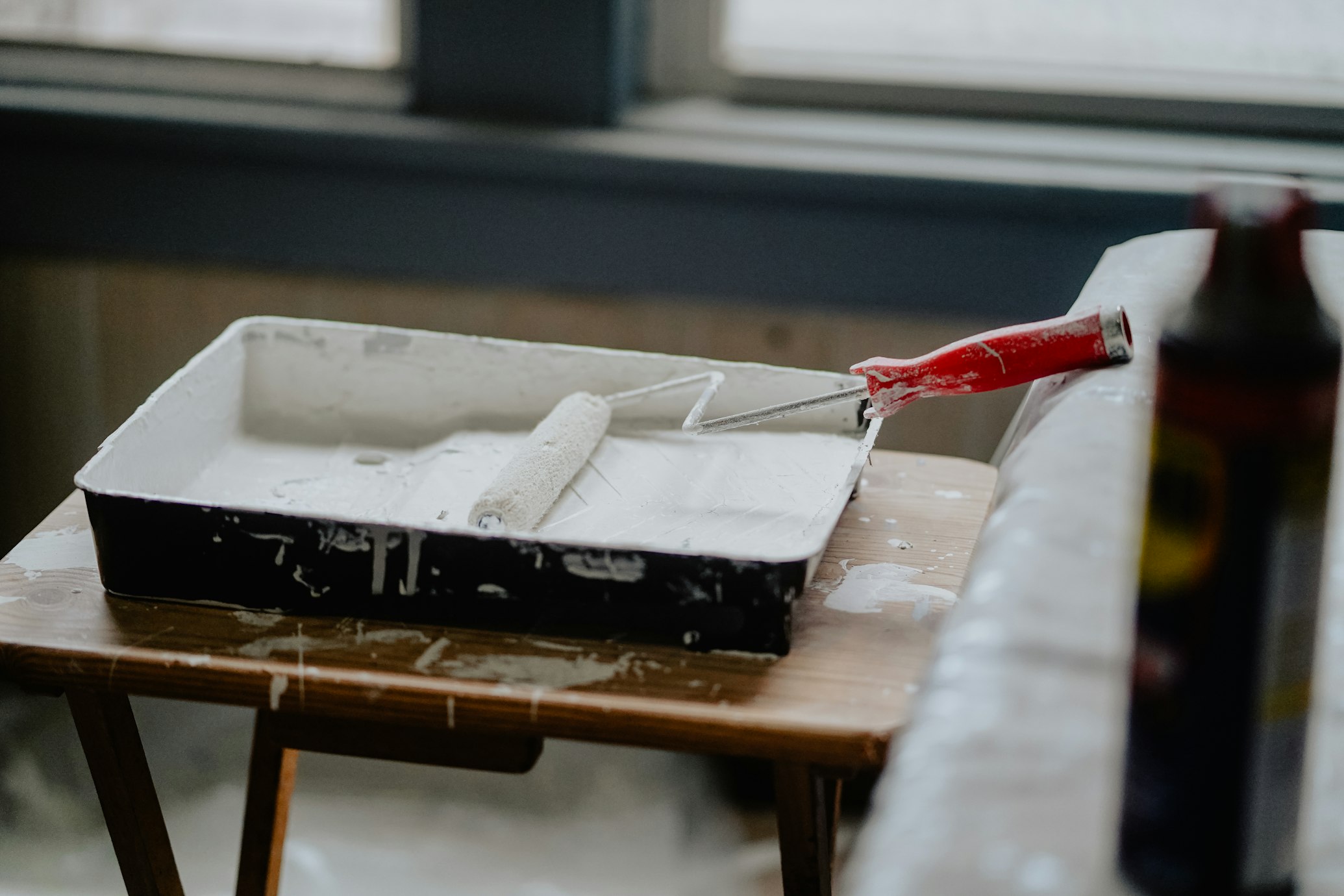Most of us think of the words, ‘Solar Screens,’ and we immediately think of protection from the sun. Either blocking the sun out of our window’s view, keeping the harmful rays of the sun from fading our home’s carpets, furniture and drying out wood, or blocking the light out completely depending on the strength and purpose of the screen. But many of us may not have thought of something else solar screens can do for the protection of two other items: vinyl siding and artificial turf.
How can a custom solar screens protect a home’s vinyl siding and artificial turf?
What Makes Artificial Turf Melt?

Artificial grass is a material made of synthetic, man-made fibers that look like real grass, available in different pile heights and different styles to mimic full, thick, natural-looking grass without the effort. Not only does it save on the hard work needed to cultivate a real grass lawn, but it also cuts out the need for nearly 55 gallons of water per square feet, annually, to keep a real grass lawn looking as beautiful as artificial turf always does.
There is, of course, one unexpected downside to owning artificial turf. Concentrated sunlight can make artificial turn begin to discolor and curl unnaturally at the ends. The main culprit will be the sunlight reflected from your windows as turf can begin to melt after too much sun exposure.
Your artificial turf melting or discoloring doesn’t necessarily mean it was cheap, as many technological strides have improved how turf reacts to natural light. However, it is made of plastic and might be in a spot of highly concentrated light which can quickly create a superheated area. Even if you removed the damaged turf and replaced it with the top brands available, within a week you will no doubt find a melted spot in the same place. Not only are windows the most likely the culprit, mirrors, glass and anything reflective like outside décor can be responsible for this phenomena as well.
How do Custom Solar Screens Prevent Turf and Vinyl Siding from Melting?
For more than half a century, one of the go-to finishing materials for home building or remodeling has been vinyl siding. Vinyl siding is made by extruding polyvinyl chloride through molds to complete the outside curb appeal of a house. Prized for its tough weather resistance, ease of use, and affordable price, millions of homes and businesses across America are clad in vinyl siding. Including homes and businesses in America’s warmest states that see the most sun almost all year round.

These homes and businesses have windows. Windows, when in full sunlight will reflect the sunlight onto surfaces, especially if those windows are the energy-efficient kind and those surfaces are most likely the vinyl siding on your house.
Concentrated sunlight that reflects off surfaces can create enough heat to melt the vinyl siding of a home. The same culprit responsible for melting artificial turf can be responsible for marring vinyl siding.
If you have begun to notice distorted vinyl siding on your home such as bubbling or warping caused by the concentrated sunlight, there is a way you can stop the damage further. You can prevent the damage from ever occurring with custom solar screens.
Placing a custom solar screen over a window that reflects concentrated sunlight disperses that reflection so that it is no longer concentrated. Along with that benefit of saving vinyl, solar screens can reduce the amount of sunlight and heat generated from UV light even further, cooling your home or the room up to 15 degrees, as well as possibly saving up to 30% on your energy bill if installed in throughout your home.
If you have a window reflecting light onto your vinyl siding, or your turf is melting, save yourself the headache of costly replacements and repairs now by shopping for a custom solar screen that is affordable, easy to install, and have your problems solved in no time.
Featured Image source: pixabay




